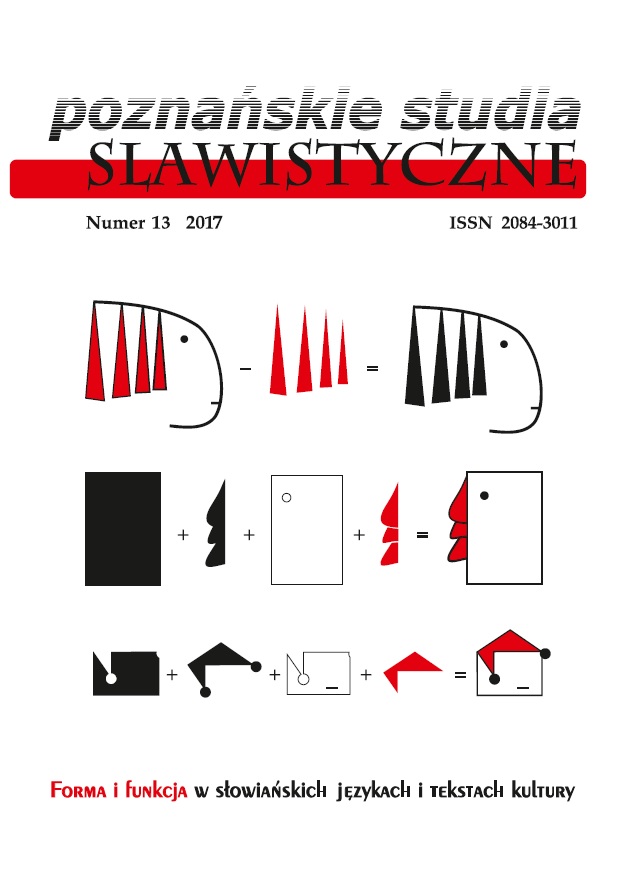Aleksandra Kiosewa koncepcja samokolonizacji i efekt symmorfozy
Alexander Kiosev’s Concept of Self-colonization and the Symmorphic effect
Author(s): Grażyna Szwat-GyłybowaSubject(s): Studies of Literature
Published by: Uniwersytet Adama Mickiewicza
Keywords: Bulgarian culture; self-colonisation; origins; teleology; symmorphosis; ressentiment
Summary/Abstract: Stemming from the general postcolonial theoretical tradition, the concept of self-colonisation proposed by the Bulgarian scholar Alexander Kiosev has proved inspiring to Polish scholars. This article attempts to examine more closely Kiosev’s meandering self-reflective musings on what he called his “metaphor” of self-colonization, an idea he ultimately rejected in view of the undesirable ressentiment it tends to produce. By illustrating the historical and cultural background underpinning the concept of self-colonisation I seek to identify the roots of potential intercultural misunderstanding. Above all, I focus on the consequences of the teleological approach inherent in Kiosev’s concept. Those areexpressed in identifying manufactured (sic!) origins with an account which can be couched in the language of a politically and therapeutically conditioned method of research. This leads to a symmorphic deformation of those origins, aligned to the requirements of the modern world.
Journal: Poznańskie Studia Slawistyczne
- Issue Year: 2017
- Issue No: 13
- Page Range: 33-46
- Page Count: 14
- Language: Polish

